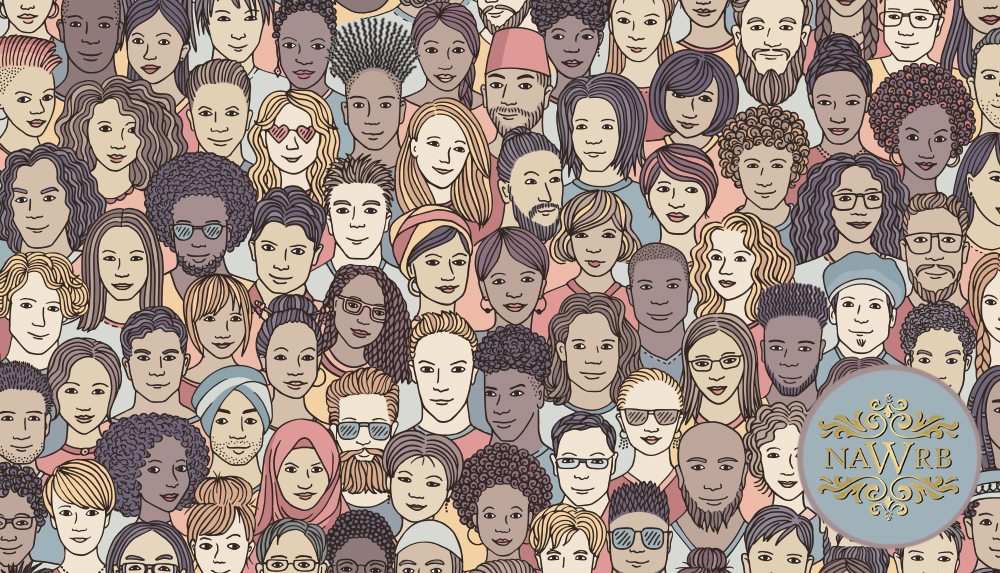A recent Pew Research Center survey looks at different perspectives across the globe to determine how people believe diversity has changed in the past two decades, and their reception to such change. Of 27 nations surveyed, which home half of the world’s international migrants, most believe that their country has become more diverse at 69 percent.
The perception that the ethnic, religious, and racial makeup of one’s country has become more diverse in the last 20 years was common in Canada (at 85 percent), Europe (at 82 percent) , the United States (at 77 percent) and other Asia-Pacific nations (at 66 percent).
In Europe, Greeks were the most likely to say that their country has become more diverse with 92 percent holding this view. For those living in Sweden, Germany, Spain, the United Kingdom, the Netherlands, Italy and France, three out of four say that their country has more diversity.
Among the Asia-Pacific nations surveyed, there is a significant split between those who believe diversity has increased and those who do not. In South Korea, Australia and Indonesia, at least 8 out of 10 perceive greater diversity, while about half (or fewer) share this view in Japan, the Philippines and India.
In the sub-Saharan African and Latin American countries, four in ten, or more, say the ethnic, religious and racial composition of their country has become more diverse.
In the United States, perception of diversity differs depending on the respondent’s ethnicity or race: white Americans, at 80 percent, are more likely to view their country as diverse than black Americans, at 69 percent.
Overall, those who see an increase in diversity among their country’s racial, ethnic and religious composition welcome the change. Of all nations surveyed, a median of 45 percent believe that more diversity is a good thing, compared to a median of 23 percent who oppose it. A majority of people living in Indonesia, South Korea, Canada, the United Kingdom, Australia, Spain and Sweden favor diversity in the country.
In addition, the survey shows that younger adults are more likely to favor diversity than older adults. For instance, in the U.S., 72 percent of adults between the ages 18 and 29 think diversity is a good thing compared to 55 percent of adults 50 years of age and older.
Read the full report of survey findings here.

 Login
Login

